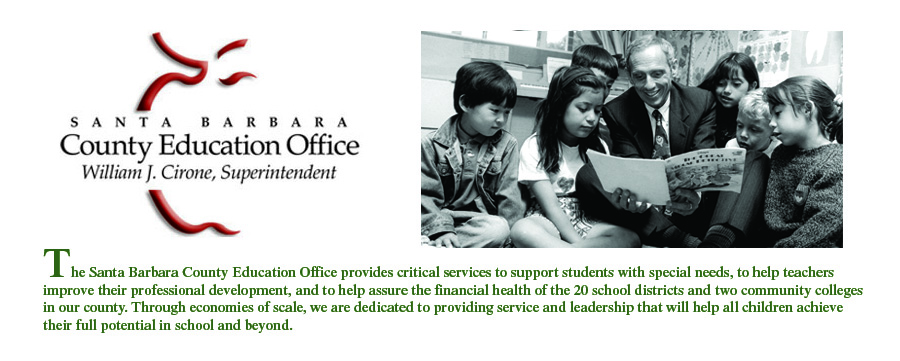Jill
Schlesinger, a syndicated columnist and a business analyst for CBS News, recently reminded readers that
“Talking to kids about money is a great way to lay the groundwork for healthy
habits.”
Citing
research from Cambridge University, she observed that money habits start to
form by age seven. That means that parents’ good and bad habits can be passed
on to the next generation.
Dr.
David Whitebread, co-author of the study, said habits of mind, including
financial ones, “are largely determined in the first few years of life. Early
experiences provided by parents, caregivers, and teachers ... can make a huge
difference in promoting beneficial financial behavior.”
Ms.
Schlesinger suggests parents visit the website MoneyAsYouGrow.org,
created under the auspices of the federal Consumer Financial Protection Bureau,
for suggestions as to the kinds of conversations you should be having with your
children at various ages.
For
example, between the ages of three and five, the site recommends that you
identify coins and their value and discuss the difference between something
that is free, like playing with a friend, and an item that costs money, like an
ice cream cone. You should also introduce the concept of work and the idea that
you may have to wait for something you want.
When
kids enter elementary school, you may choose to start paying an allowance. If
you do, Ms. Schlesinger points out that most experts agree that it should
not be based on household chores. Rather, it's better to choose an amount based
on what you already spend on small discretionary items your child likes but
doesn't need, like a toy.
Ms.
Schlesinger suggests you talk about the concept of sharing money with those who
are less fortunate. Like the savings habit, the concept of philanthropy and
community service is best learned early.
Topics
like savings and choices are also covered. Regarding savings at an early age,
parents can encourage kids to save 10 percent of their allowance or any cash
gifts and put it in a savings account.
Then
you can explain the concept of earning interest and even consider a “matching
plan” for your child's savings: You put in 25 cents for every dollar she saves.
Part
of this process is helping kids understand that once you spend the money, you
no longer have it. This leads to a conversation about choices. How will your
child learn to allocate the money between spending, saving, and donating? MoneyAsYouGrow.org
encourages you to use your daily routine to help: “When you are out shopping,
point out essentials such as food and clothing, and ask your child to describe
items that he may want but are optional. ... Talk about how your family decides
what to buy and what to pass up.”
With
teenagers and young adults, you can begin the first of many conversations about
debt. As soon as kids get their first job, discuss the difference between gross
pay (before taxes are taken out) and net pay (the amount you take home), and as
they enter high school, you can start talking about the cost of college and
about whether or how much the family plans to contribute toward education.
This
is all excellent counsel from a financial pro. Ms. Schlesinger offers more than
advice. She is outlining a process, from kindergarten through high school, of
developing financial literacy and responsibility—one that will pay dividends
throughout a lifetime.
